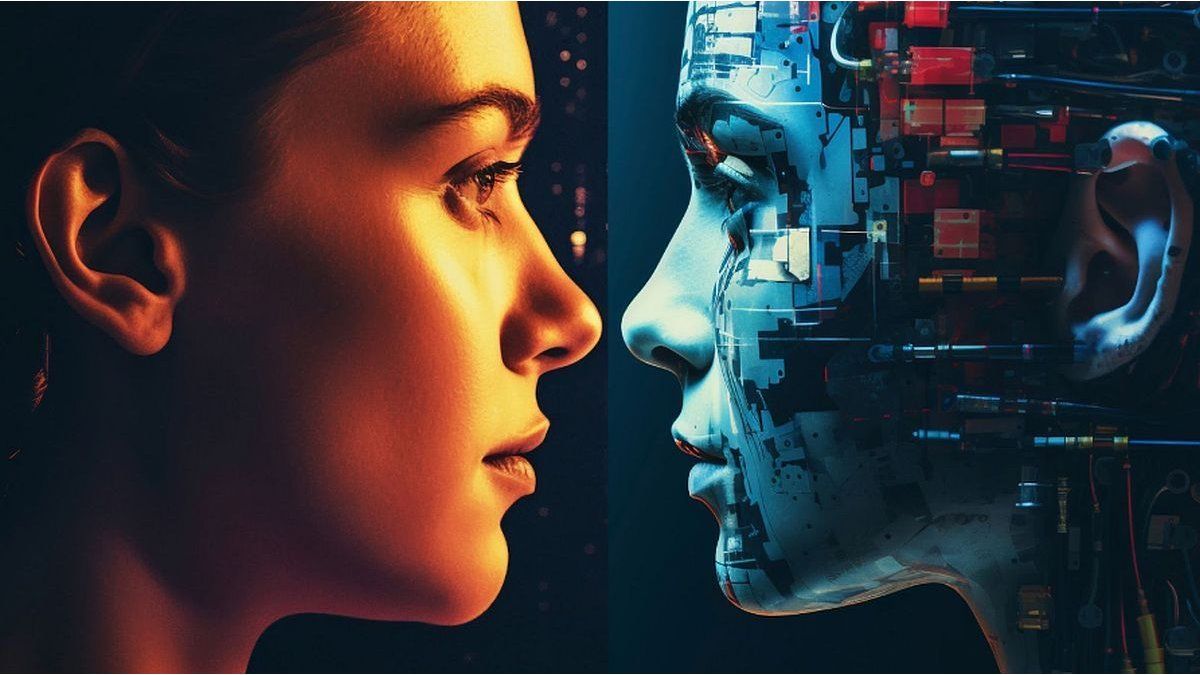The first sign of civilization was not a wheel or the discovery of fire, was a cured femur. That was once the famous anthropologist Margaret Mead When asked about the subject. In ancient times, a broken bone that prevented walking was a death sentence.
The first bone that healed the story of someone who stayed to take care of another who could not survive alone. That gesture is probably the origin of the community: At some point in our evolution we understood that together we survived, that together we were stronger.
One of the most relevant findings of neuroscience is that our neuronal system is programmed to connect with other people. We are, by design, social beings. The paradox of our era is that We have never been so connected and, at the same time, we have never felt so alone before.
Loneliness, as a symptom of something deeper, is reflected in a growing trend: Many people strengthen emotional ties with artificial intelligence, That, although it does not understand the world with the three -dimensionality of human experience, it can respond with empathy and availability, especially natural language models.
In 2025, the Top 100 ranking of use cases of the Generative He placed “therapy and accompaniment” in the number one position (it was #2 in 2024), this reveals a growing need: regulate emotions, relieve anxiety and have a “other” always available and free of judgments at a time where the social battery runs out quickly.
The problem intensifies in the work: according to the report “Global Gallop” State of Gallup, in 2024 at least 20% of workers in Latin America experienced sadness in their day to day and 13% declared feeling alone. In other regions, the percentages are even higher.
Social Intelligence: The forgotten key in so much connection
For Daniel Goleman -Padre of the concept of Emotional Intelligence-, the Social Intelligence It combines social awareness (listen, connect and interpret thoughts and emotions) and social aptitude (use that consciousness to interact effectively taking into account the needs of others).
In a world saturated with stimuli, transactional connections may be more comfortable, because they imply less emotional commitment. But they move us away from what gave us evolutionary advantage: belonging to a community, being recognized and learning from interaction with other people. The discomfort we feel when we leave aside behaviors that put us in tune with others confirms that emotions do not exist, they are always molded in the relationship with others.
Stimulating social intelligence at work
-Practical empathy in everyday life: This implies listening without interrupting, validating emotions of others instead of minimizing them and asking genuine curiosity before giving advice. Phrases like “I understand that that has frustrated you” or “do you want me to help you think options or just listen to you?” They make a difference. Empathy is demonstrated in small repeated gestures, not in great statements.
-Free explicit recognition: In many Latin American countries, giving or receiving a compliment can be uncomfortable. We feel that it exposes us, that there is an interest hidden behind, or we simply do not know how to answer because they did not teach us to do so. That discomfort leads to avoid it. However, recognizing the effort of a partner – with something as simple as a “I saw you striving to that” or a “helped me a lot what you did” – strengthens confidence links and activates a virtuous circle of collaboration. Recognition is a psychological need and helps sustain healthy human relationships in any environment.
Can Ai help us develop our social intelligence?
The artificial intelligence It can be an ally if we use it as a practice space and not as a substitute for human relationships. Language models allow you to test difficult conversations, ask for feedback on our communicational style or train empathic responses in a safe environment. However, social intelligence is only consolidated in the person-person interaction, even if the interaction occurs in virtual environments: look at someone in the eye, listen to their silences, sustain the discomfort of a disagreement. AI can expand our abilities, but never replace the genuine experience of being with others.
The civilization began the day we discovered that surviving depended on helping us. That foundational gesture reminded us that the human is not in the individual force, but in the ability to weave links.
Today, while artificial intelligence expands what we can do, the greatest challenge is not that machines understand us. But we continue to choose to understand each other.
Carmen Militza Buinizkiy, CEO of Courage Strategies Consulting and expert in digital transformation
Source: Ambito
David William is a talented author who has made a name for himself in the world of writing. He is a professional author who writes on a wide range of topics, from general interest to opinion news. David is currently working as a writer at 24 hours worlds where he brings his unique perspective and in-depth research to his articles, making them both informative and engaging.




